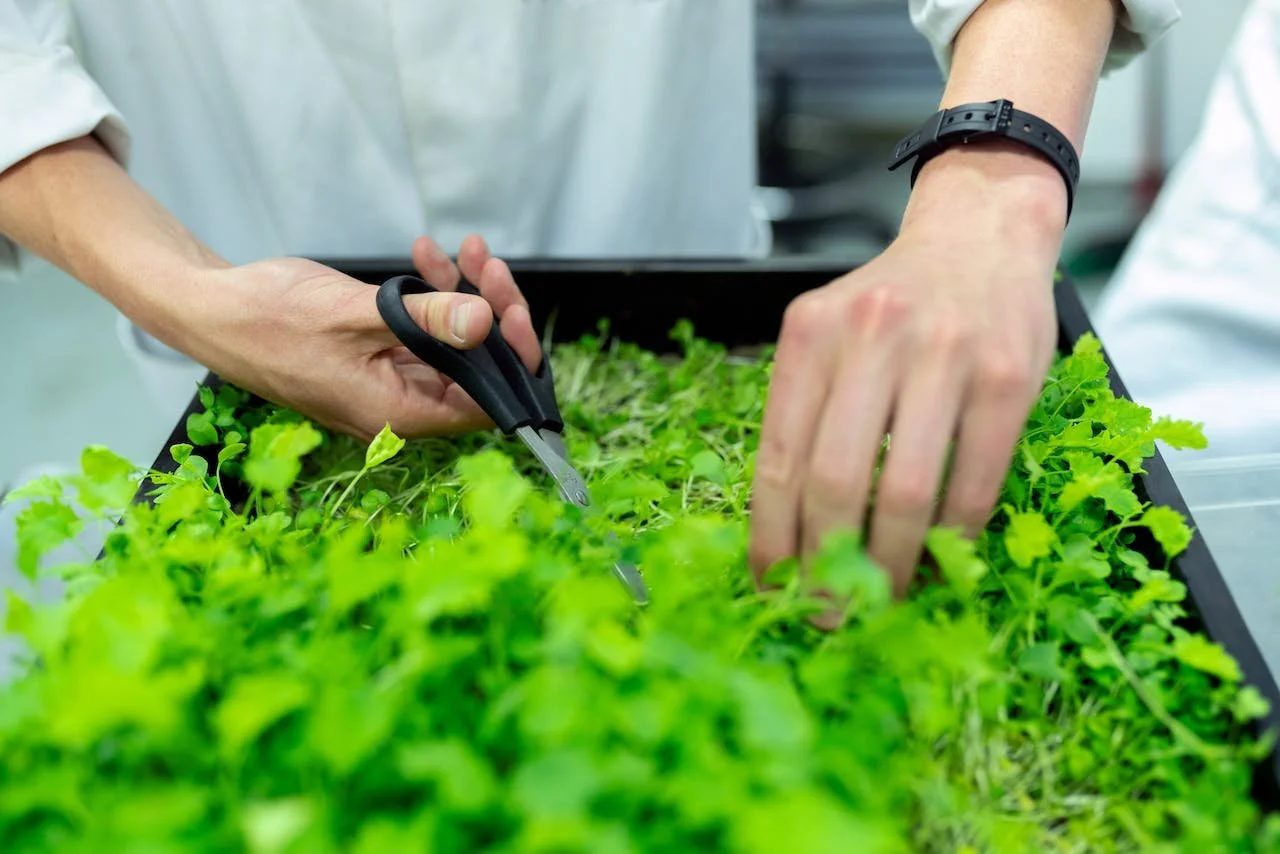Feeding the Future: A Guide to Sustainable Nutrition for a Greener Planet
In our quest for better health and fitness, it's easy to forget the impact our food choices have on the planet. As the spectre of climate change looms ever larger, it's high time we rethink our approach to nutrition. Sustainable eating not only benefits our health but also plays a crucial role in preserving the environment. So, let's embark on a journey to discover the ins and outs of sustainable nutrition and how our daily choices can contribute to a greener planet.
The Environmental Toll of Conventional Diets
Before we delve into the positive aspects, it's essential to acknowledge the environmental toll of conventional diets. From deforestation to excessive water consumption and greenhouse gas emissions, the food industry is a major player in climate change. The vast monocultures required for traditional agriculture contribute to habitat loss and soil degradation, exacerbating the challenges our planet faces.
Transitioning to a more sustainable diet doesn't mean giving up our favourite foods; it's about making informed choices that benefit both our health and the environment.
The Rise of Sustainable Diets
Enter the era of sustainable diets, where conscious choices lead to a healthier self and planet. Plant-based diets, such as vegetarianism and veganism, have gained popularity not only for their health benefits but also for their lower carbon footprint. Adopting a plant-centric approach can significantly reduce environmental impact while enhancing overall well-being.
Local and Seasonal: A Win-Win for Health and the Environment
Eating local and seasonal foods is a delicious way to reduce your carbon footprint. When you choose locally sourced produce, you support nearby farmers and reduce the environmental costs associated with long-distance transportation. Seasonal foods are not only fresher and more flavorful but also more nutrient-dense, promoting better health and fitness.
Mindful Consumption: Reducing Food Waste
A significant contributor to environmental degradation is the shocking amount of food wasted globally. Embracing mindful consumption involves planning meals, buying only what you need, and finding creative ways to use leftovers. By reducing food waste, we decrease the demand for excessive agricultural production, mitigating climate change and preserving resources.
The Power of Protein: Sustainable Choices for Fitness Enthusiasts
For fitness enthusiasts, protein is a crucial component of their diet. Opting for sustainable protein sources like legumes, nuts, and plant-based alternatives can provide the necessary nutrients without the environmental impact associated with some animal-based proteins. Balancing fitness goals with sustainable nutrition is not only possible but can be a catalyst for positive change.
Organic vs. Conventional Farming: Making Informed Choices
The choice between organic and conventional farming methods is a pivotal aspect of sustainable nutrition. Organic farming prioritises soil health, and biodiversity, and eschews synthetic chemicals. While it's often pricier, the long-term benefits for both personal health and the environment make it a worthwhile investment.
Packaging Matters: Eco-Friendly Choices
The excessive use of plastic and non-recyclable packaging in the food industry poses a significant threat to our environment. Opting for products with minimal and eco-friendly packaging, or even better, buying in bulk with reusable containers, can significantly reduce your ecological footprint.
Empowering Communities: Supporting Sustainable Agriculture
Beyond personal choices, supporting local and global initiatives that promote sustainable agriculture is a powerful way to contribute to a greener planet. This could involve engaging with local farmers' markets, advocating for sustainable practices, or supporting organisations working towards a more environmentally friendly food system.
A Greener Future: Your Role in Climate Action
As we wrap up our exploration of sustainable nutrition, it's crucial to understand that each of us plays a vital role in shaping a greener future. By making mindful choices about what we eat, we contribute to a global movement that addresses both personal health and the health of our planet. Through small, intentional changes in our diets and consumption habits, we can collectively take significant strides towards mitigating climate change and fostering a sustainable world for generations to come.
The Plate as a Palette for Change
The intersection of nutrition, fitness, and climate change is where the future of our planet lies. As we navigate this intricate relationship, let's view our plates not just as instruments for personal nourishment but as canvases for positive change. Sustainable nutrition is not a sacrifice but an investment in a healthier, fitter self and a greener, more vibrant Earth.


